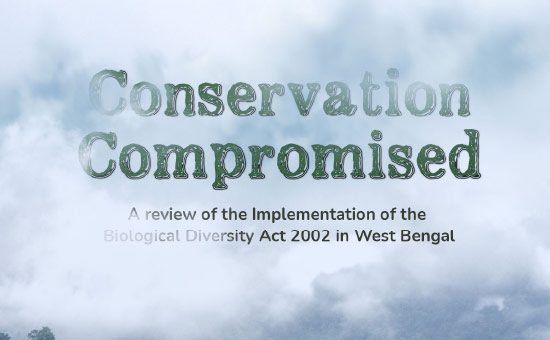In India, the Biological Diversity Act, 2002 (BD Act, 2002) was enacted by Parliament to conserve biological diversity, to ensure sustainable use of its components and fair and equitable sharing of benefits arising out of the use of biological resources and knowledge associated with them. In order to meet the objectives, the Act has kept provision for a three-tier structure comprising National Biodiversity Authority (NBA) at Central level, State Biodiversity Board (SBBs) at State level and Biodiversity Management Committees (BMC) at local body levels.
In spite of being in place for more than a decade, the said institutional mechanisms largely remained ineffective, which led to filing of a petition before the National Green Tribunal (NGT) titled Chandra Bhal Singh versus Union of India01 in the year 2016. At the time of filing of the petition before the NGT, on 26/07/2016, the total number of BMCs constituted were 9,700 and the total number of People’s Bio-diversity Register (PBR) prepared were 1,388, out of a total of 2,75,286 local bodies across all the states in which BMCs were to be constituted and PBRs were to be prepared. As per the submissions by the National Biodiversity Authority (NBA) before the National Green Tribunal (NGT), as on 31st August 2020, a total of 2,65,725 BMCs were constituted and 1,96,015 PBRs have been prepared.
West Bengal has constituted Biodiversity Management Committee in all of its 3830 local bodies and has also prepared 3830 PBRs for all of its BMCs. An attempt has been made to check the actual functioning of BMCs and other aspects mandated through the BD Act, 2002 in three districts of West Bengal namely Howrah, Nadia and Darjeeling.
As part of the study, 13 local bodies in Howrah, nine local bodies in Nadia and eight local bodies and two Block Development Offices of Darjeeling district were visited and consulted respectively.


